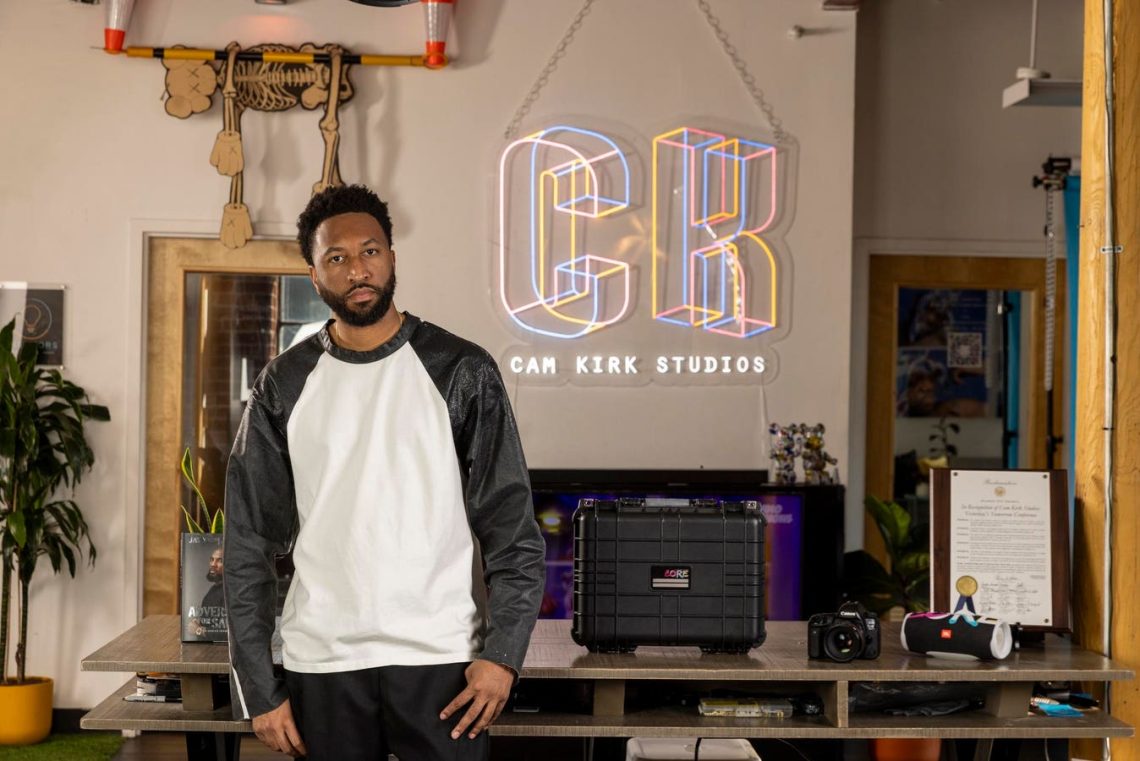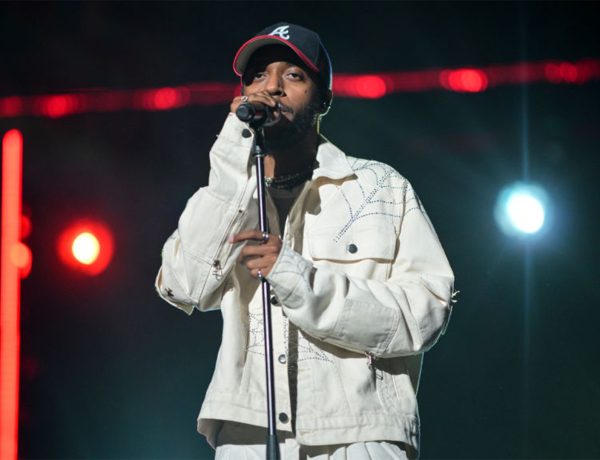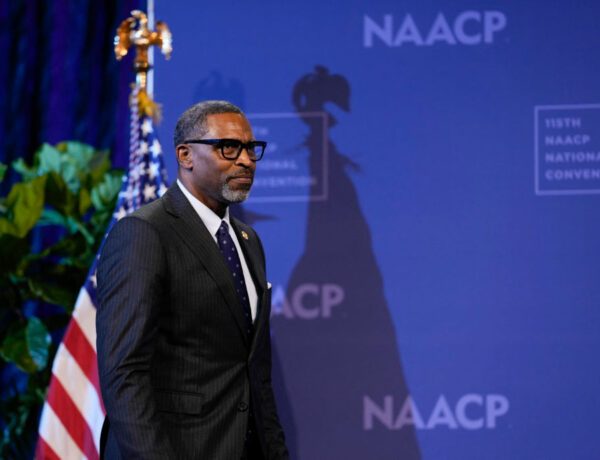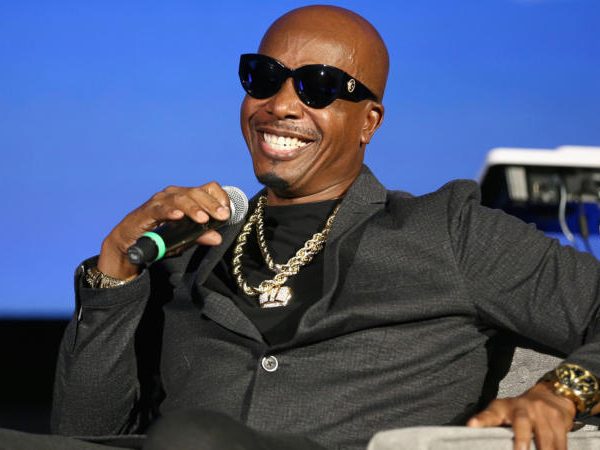Former Morehouse College President Dr. Robert Michael Franklin Jr. once called the institution the “International Headquarters for Black Male Excellence” during a school-wide address.
As the president at the time and an alum, many could argue his opinion was slightly biased. However, the institution makes a solid case for the claim when considering notable alums like Spike Lee, P.J. Morton, Samuel L. Jackson, and Dr. Martin Luther King, Jr.
Morehouse College, one of many Historically Black Colleges and Universities (HBCUs), develops young Black men who impact industries and make waves across various sectors. One of those individuals in this emerging vanguard is Atlanta, GA-based creative Cam Kirk.
Cam Kirk’s Big Move
Cameron Kirkland, a native of Prince George’s County, MD, moved to Atlanta, GA, to pursue a business degree from Morehouse College. This decision, however, eventually led him from his initial goal of becoming a music executive and into visual storytelling.
“I moved to Atlanta in 2007 to attend Morehouse College, and while there, I really fell in love with the city of Atlanta and the entertainment industry,” Kirk said in an interview with AFROTECH™. “By just trying to find myself and figure out what was good for me, what I was good at, and what I was passionate about, I stumbled into the world of working with a camera.”
While navigating the Atlanta, GA-based HBCU, he said he met Ebonie Ward, who now manages music artists Future, Gunna, and Flo Milli, at a local store she owned close to Morehouse’s campus. Kirk also met and connected with record producers Mike WiLL Made-It and Metro Boomin shortly after graduation. These relationships broadened his creative network and proved beneficial once he pursued photography full-time.
“I bought my first camera around 2010, but at the beginning, I was throwing events at college. I threw a Wiz Khalifa concert in 2010, which was kind of the first major thing I’ve done in Atlanta,” Kirk said. “I bought the camera with the thought that I would be doing a lot more events, and I wanted to find a way to document and tell the story of the events I was throwing.”
For Kirk, this was a “survival mode” strategy, he said. He intended to use the camera to deepen his status in the music industry and event-planning space.
“What I thought was just something to get by ended up leading to doors swinging open, and it ended up being like, no, this is actually what you’re meant to do. And that’s kind of the journey it’s been,” Kirk told AFROTECH™.
The Moment That Changed It All
Kirk’s friend booked ScHoolboy Q for a concert, and he was asked to assist based on his experience with the 2010 Wiz Khalifa show. However, instead of payment, Kirk asked that the contract include him being the cameraman and visual storyteller during ScHoolboy Q’s time in Atlanta, GA.
The success of his work with ScHoolboy Q led to a colleague wanting him to work with musician Estelle, who had camera needs at the time. Upon meeting Estelle in the studio to begin work, rapper Jeezy was there and expressed a need for a cameraman to work with him during that year’s NBA All-Star Weekend. In a few days, Kirk had worked with and established contracts with three mainstream artists, he shared with AFROTECH™.
Kirk then brainstormed the idea of showcasing his work via billboards around Atlanta, GA, after completing a successful art exhibit highlighting rapper Gucci Mane. The billboards were the “big follow-up” to that experience, he said, allowing him to pivot from being only a documentary photographer.
“I wanted to be somebody people could call for the big moments. So, the idea of the billboards was twofold: I was trying to find a way to top the event that I did,” said Kirk about his experience. “So I thought, what better way to do it than to put your artwork in the sky on a grand billboard scheme? Second, I needed to find a way for these artists to respect my work and see my work on a bigger scale than just on their cell phones and on Instagram.”
He said the billboards seemed to cement him as the go-to guy in the Hip-Hop community and among people across sectors who wanted to tap Kirk as their photographer.
Cam Kirk Creates Community Connection
Kirk created Cam Kirk Studios for his clientele and as a cultural immersion space where people can gather and emerging photographers can learn and rent space in Atlanta, GA.
The studio was also a way for Kirk to diversify his income streams. He recently expanded to a second location near the Atlanta Braves baseball stadium and hopes to have studios nationwide.
Kirk estimates that he has made over $6 million from his photography studio business, according to Forbes.
“I was thinking deeper and long-term about diversifying my income streams. So, I was like, man, if I can open up a place, then I can create a cultural hub here in Atlanta, which I felt the city was missing, and connect the dots of just the creative culture all in one place,” Kirk told AFROTECH™.
With the community in mind, Kirk also found a way to help others be successful in their respective endeavors. The Cam Kirk Foundation does this primarily through the Yesterday’s Tomorrow conference. The conference is free, but participants must volunteer for community service to access the range of speakers and sessions offered.
Previous speakers have included The Gathering Spot CEO Ryan Wilson, American Society of Composers, Authors and Publishers (ASCAP) Director Jason Reddick, and social media influencer and commentator Lynae Vanee.
To The Future And Beyond
Kirk has a lot on his plate with his robust schedule in the industry and owning his studios. However, he has not slowed down.
He recently launched a camera equipment line called Core. The brand’s intent is to ensure photographers have their core essentials, from the camera strap to the lens-carrying case and cleaning supplies.
“At the core of your equipment, it’s going to be the things that you don’t go to no photoshoot without. So the idea is to start with just your essentials and then let it build from there. But these are the core items that you need, in my opinion, are things every photographer needs to be the best at your craft,” Kirk explained.





